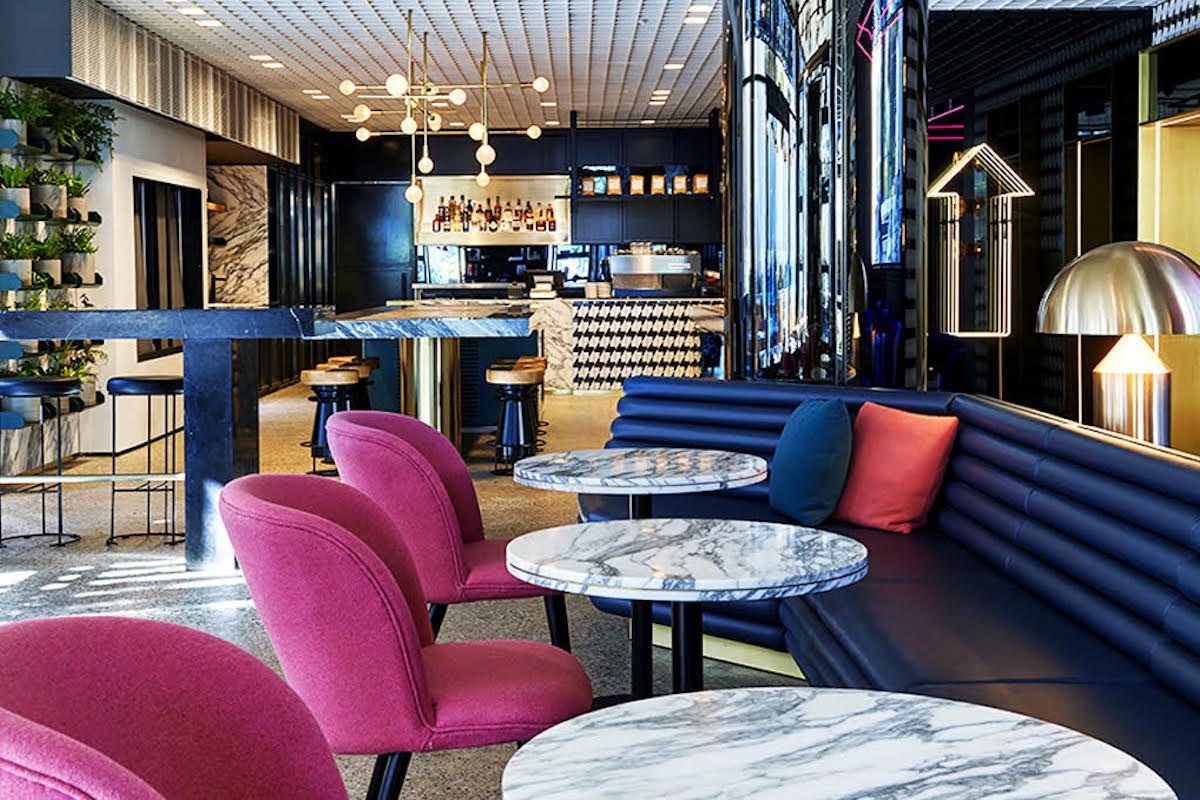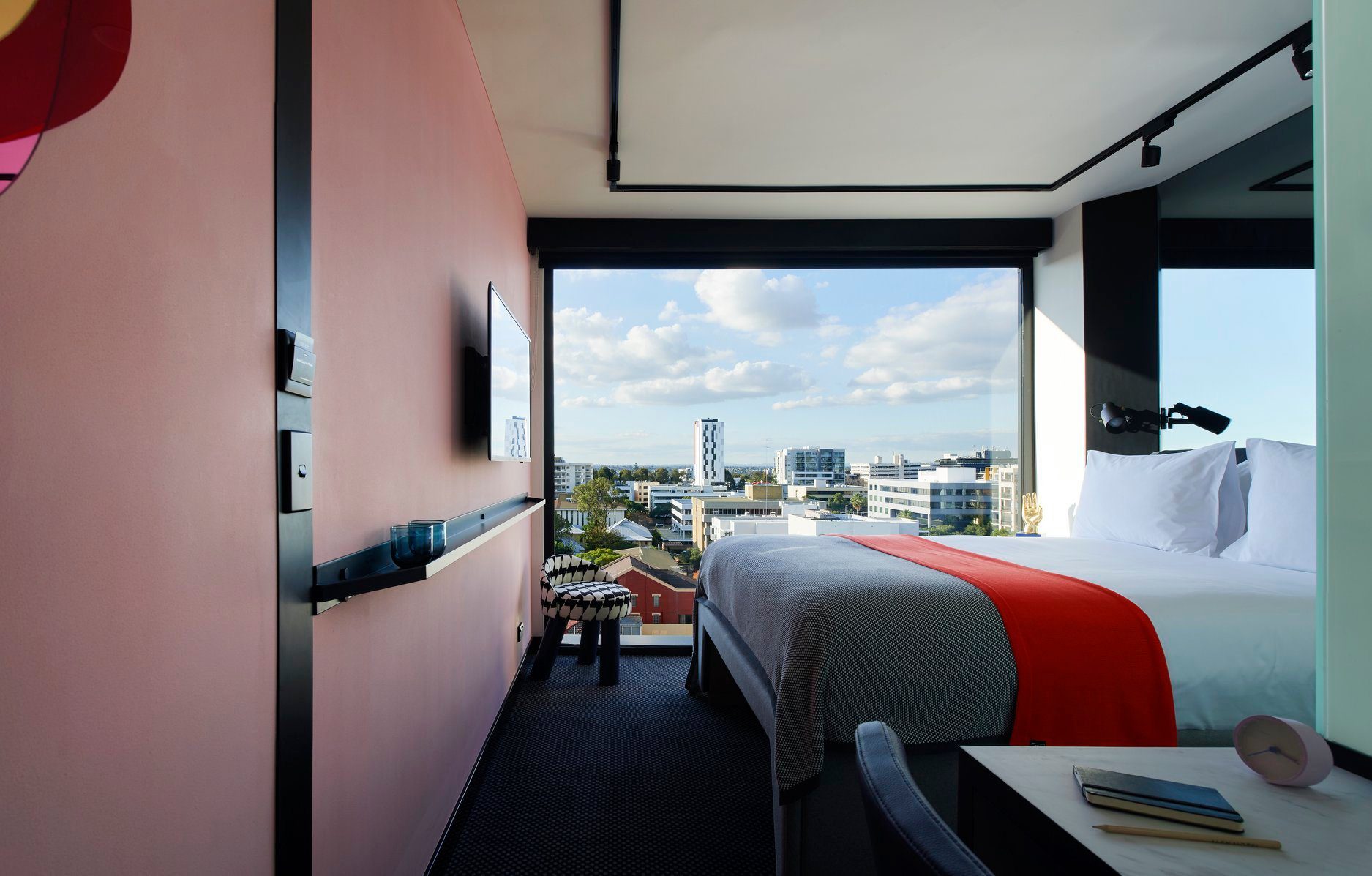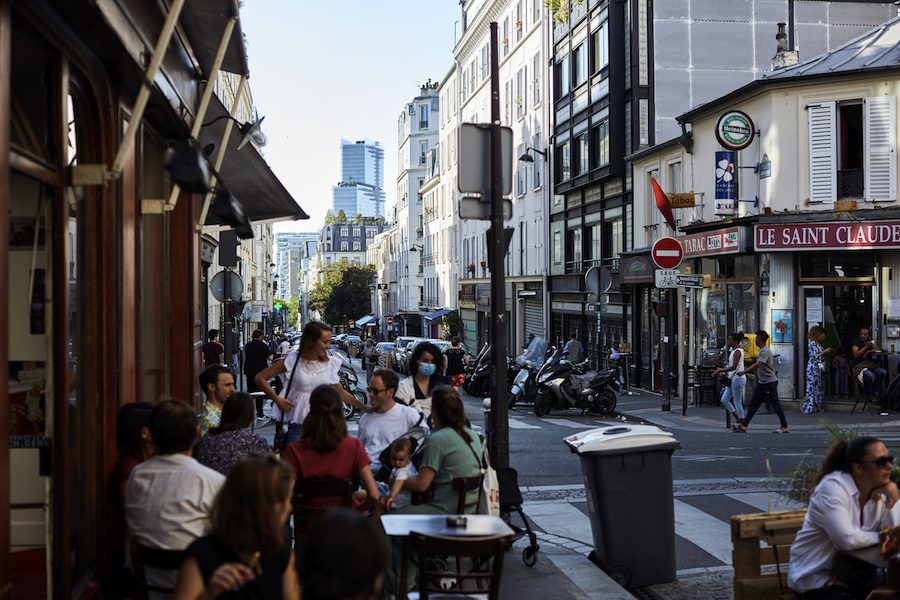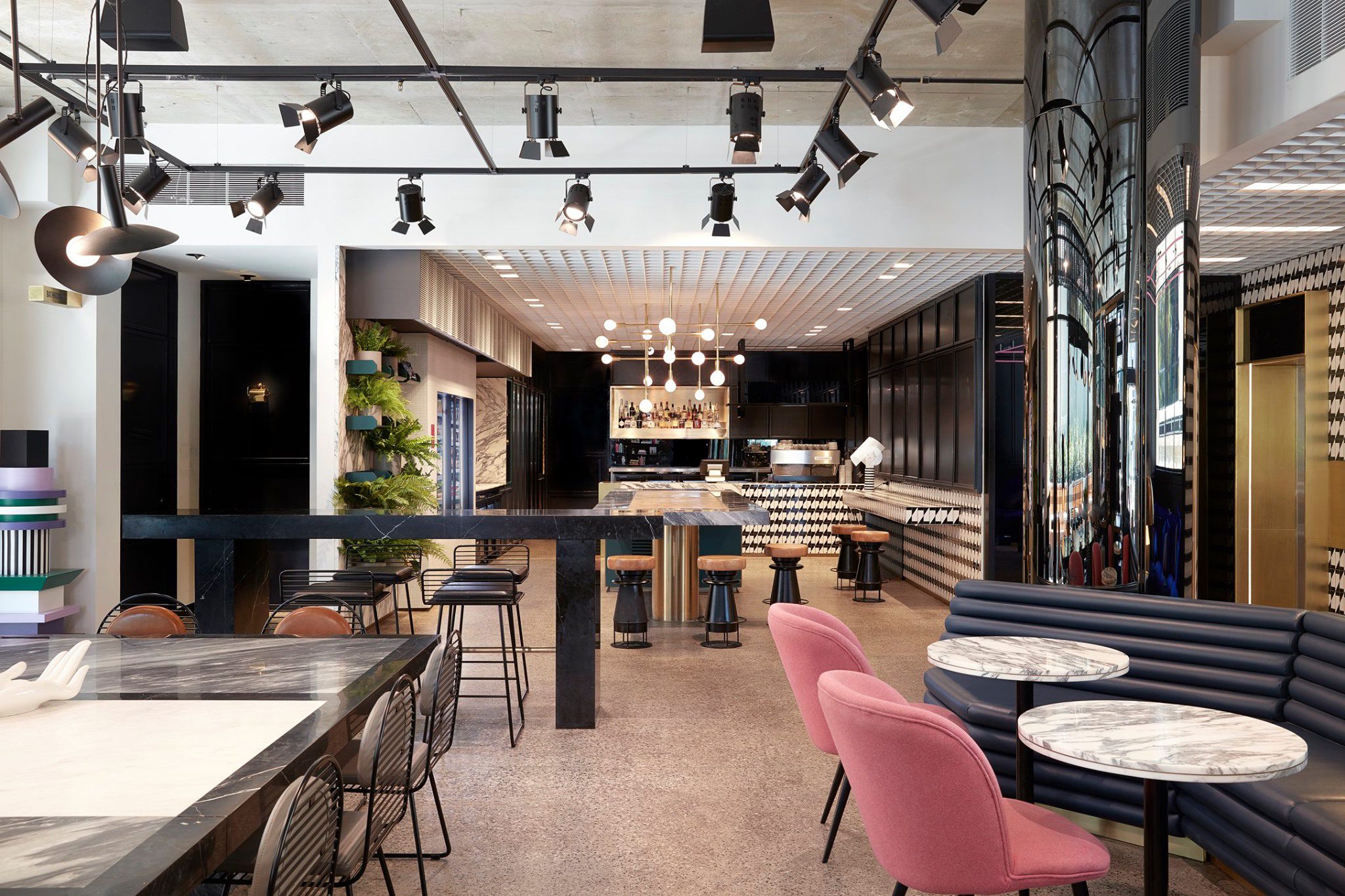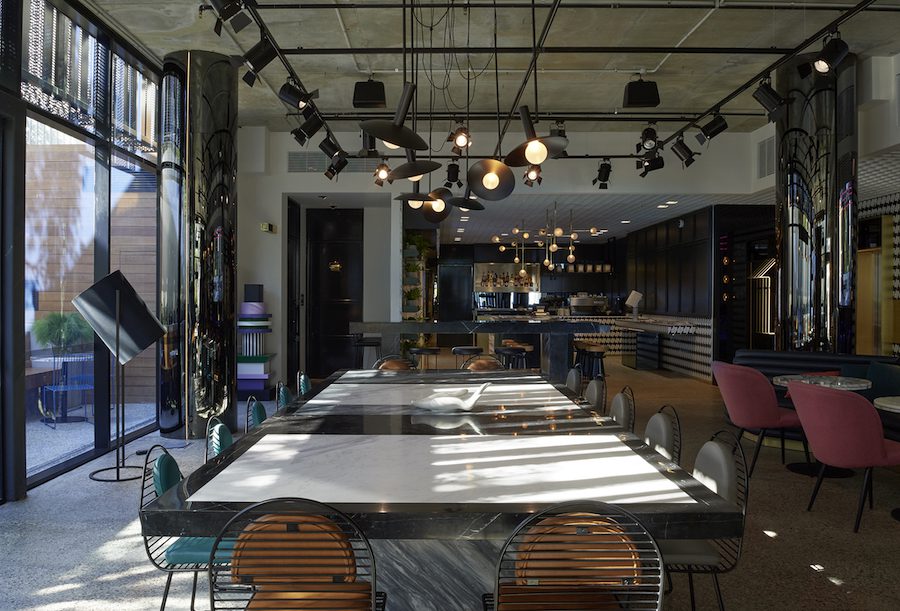Skift Take
Though the travel industry has been in hibernation for most of 2020, the year may yet close out on a promising note. For TRIBE Hotels, a forward-thinking approach from their 2017 launch to now, amid a rapid global expansion, is paying off despite the pandemic, proving an eye on the horizon can help operators through even the toughest of times.
The world rarely changes as quickly as it has in 2020, especially for travel and its associated industries. Hotels, airlines, guided travel, cruise operators and more have been squarely hit by worldwide restrictions to travel applied by governments on every continent. TRIBE Hotels, a brand originating in Australia, was already planning for the future of travel when they launched in 2017, and when they amplified their presence by being acquired by French hospitality group Accor in March 2019.
While they didn’t foresee the global pandemic, management at TRIBE Hotels, including Mark Peters, Founder and Director of TRIBE Hotel Group, could see that travelers—both leisure and business—wanted something more from their trips, a kind of blended work-and-leisure approach which has only been accelerated by the work-from-home phenomenon of the pandemic.
READ MORE: How Accor is Pushing the Boundaries of Lifestyle for the New Era of Travel
“We want to provide environments that people can utilize for leisure as well as business,” said Peters. “If you look at the profile of our guests in Australia, they’re half corporate, half leisure. One thing we’ve done really well with our TRIBE location here in Australia is combining that and having people in the same spaces who are doing both very comfortably alongside each other.”
A new kind of hotel: the local urban hub
The ethos of TRIBE brings this sentiment of seeking local experience into the hotels themselves, by offering curated selections of local products, such as supplying bread from local bakeries, a wide-ranging coffee menu and beer lists comprising local brews, and by encouraging local people to come in and use the common spaces. It’s paired with another foundational pillar: premium quality in modest sized rooms, and generous multipurpose common areas.
“We like to support local suppliers within the vicinity of our hotels,” said Peters. “It’s about telling those stories to our guests and making them feel they’re getting an authentic local experience.”
Antoine Dubois, Senior Vice President Global Marketing Strategy at Accor adds, “With TRIBE, we are really focused on building community-orientated spaces where like-minded people, whether they’re working or enjoying free time, can come and connect and enjoy a high-quality hotel experience at a cost-competitive price.”
The concept is also applied to the newest TRIBE Hotel, in the trendy Batignolles area of the 17th Arrondissement of Paris, which first opened in October this year. It’s the first TRIBE opening since the acquisition by Accor, and there are also dozens of other TRIBE properties in varying stages of development around the world.
“We focus a lot on local people and make them part of our community,” says Cedric Gobilliard, Senior Vice President, Lifestyle Division, for Accor. “Because we are super local, and we are in a hotspot in the destination, travelers are going to come to the hotel.”
READ MORE: Accor’s Newly Appointed Group Chief Commercial Officer on the Future of Hospitality
He says that the controversial Airbnb “live local” approach which revolutionized travel and accommodation had an influence on this phenomenon of travelers seeking a taste of local life while they’re in a destination. It’s part of a larger trend the Accor Group saw and welcomed into its portfolio of brands, with others in the lifestyle segment including Mama Shelter, 25hours, and a 50 percent stake in >SBE Hotels, which holds brands including Mondrian and Delano.
“Our guests discover the possibility to live local and to have a different experience when they travel,” said Gobilliard. “I strongly believe that people want to give greater sense and purpose to their travel, even when it’s corporate orientated.”
Liveable working areas during the pandemic
Fortunately, TRIBE Hotels was perfectly positioned before the pandemic for the increased emphasis on working from home—“Télétravail as we say in French,” says Gobilliard—or working from wherever you like. The livable working areas (or workable living areas) of the hotel are adaptable and, even in the time the Paris hotel had been open before further lockdowns were recently introduced, there has been a strong showing of locals coming to use the common spaces of the hotel to work.
“During the pandemic, the number of occupied rooms is low, but we have plenty of people working at TRIBE, within the social hub and throughout the living areas,” says Gobilliard. “We had fifteen to twenty people utilizing the space every day, with limited local communication. People are getting fatigued with work from home and are looking for alternatives outside their homes or apartments. Plus, more and more companies are now embracing this hybrid approach to working and a more decentralized organization. TRIBE fits in perfectly with the ongoing digitalization, blending of work and home lives and societal shifts around urban living.”
For TRIBE’s blended living-working spaces, the changes to how we live and work have offered a blessing in disguise: “The whole sort of living and working thing is becoming more and more blurred as time goes on,” says Peters. “I think Covid-19 has accelerated this already present trend.”
Recovery in a Covid-19 World
Of course, depending on the severity of the Covid-19 infection rate, co-working spaces indoors may be less viable over the immediate short term. There has been a strict lockdown across France since October 30 which is expected to lift some time in December, but may be extended. The TRIBE Hotel in Australia was also closed temporarily, but has since reopened due to a lower case count Down Under.
“It’s been a real challenge. We still have a lot of our state borders closed here in Australia and all of our national borders are closed,” said Peters. “But we see it as a bump in the road; people will want to travel again. On the back end of the pandemic people will probably be more motivated to move around than they ever have been, because they’ve been locked down for so long. In a couple of years time, we’ll be looking back at this as a pretty challenging period but people will be enjoying their lives once again.”
Some drips of hopeful news have come through lately, with news of >two potential Covid-19 vaccines offering good news to the travel industry at large.
“We just want to get on with things here, like everybody else in the world,” said Peters. “As soon as we start to get those vaccines rolling, the better it will be for the world and the hospitality sector across the board.”
This content was created collaboratively by Accor Group, TRIBE Hotels and Skift’s branded content studio, SkiftX.
—
READ MORE Accor stories:
Designing the Future of Work, Life and Travel
The Next Era of Lifestyle Hospitality in Asia
Augmented Hospitality is Changing the Way we Experience Cities
Have a confidential tip for Skift? Get in touch
Tags: accor, covid-19, hotel design, SkiftX Showcase: Hospitality, travel recovery
